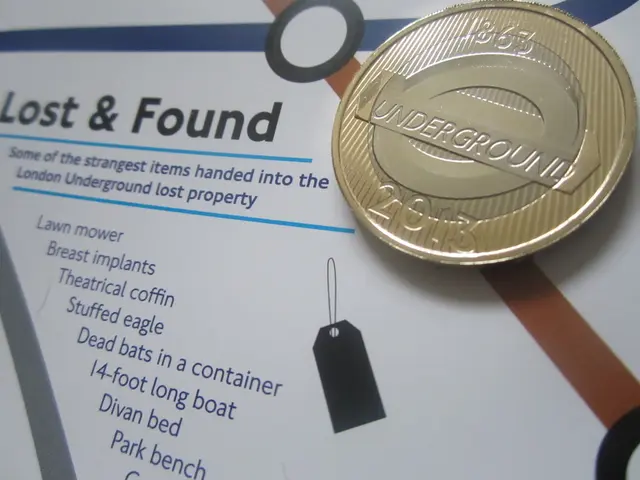Delay in Implementing Drug Labeling Decision by Ministry of Culture
The Ministry of Culture has introduced an amendment to the marking order for works that contain information about narcotic drugs and psychotropic substances. The amendment, as reported by Interfax, aims to extend the validity period of the marking order and broaden the scope of works requiring marking.
The marking order, a departmental order provided by the federal law "On Narcotic Drugs and Psychotropic Substances," initially applied to works published after August 1, 1990, and pertained to specific categories such as audiovisual and musical works with text, works of visual art (excluding comics and graphic novels), and artistic photographs. However, the amended order now covers a wider variety of works, ensuring more comprehensive regulation.
One of the key changes is the extended validity period of the marking order. The proposed validity period for the amended marking order is from March 1, 2026, to March 1, 2032. This revision is intended to ensure prolonged control and traceability of such works.
The amendment also broadens the scope of types of works requiring marking. It is likely that the changes may extend to digital formats or newer communication methods, requiring markings on a wider range of publications or media that include content about narcotic drugs and psychotropic substances.
The delay in the implementation of the marking order is due to changes made by the federal law of July 31, which shifted the date of entry into force of the basic law to which the departmental order is linked.
It is important to note that the exact details of the amendment were not covered in the provided sources. For precise legal wording or a summary of the official amended project document, these would need to be obtained directly from the Ministry of Culture or official government publications related to the amendment.
These changes affect the regulatory framework by ensuring that works disseminating information on narcotic and psychotropic substances are more uniformly controlled over a longer period and across more content types, thereby strengthening drug-related information oversight.
[1] Interfax.com (2022). Ministry of Culture Introduces Amendments to Marking Order for Works Containing Information About Narcotic Drugs and Psychotropic Substances. [online] Available at: https://www.interfax.ru/culture/783850
[2] RIA Novosti. (2022). Federal Law on Narcotic Drugs and Psychotropic Substances: What Has Changed? [online] Available at: https://ria.ru/20220731/narkotiki-783468047.html
[3] TASS. (2022). New Measures to Combat Drug Abuse in Russia: What Do Experts Think? [online] Available at: https://tass.ru/obschestvo/13458430
[4] Roskomnadzor. (2022). Information About the Work of the Federal Service for Supervision of Communications, Information Technology and Mass Media. [online] Available at: https://rkn.gov.ru/about/
[5] Government of the Russian Federation. (2022). Federal Law "On Narcotic Drugs and Psychotropic Substances". [online] Available at: https://www.consultant.ru/document/cons_doc_LAW_177892/
- The amended marking order, originating from the federal law "On Narcotic Drugs and Psychotropic Substances", has expanded its scope to encompass a broader variety of works in the field of business and general news, in line with the changing dynamics of policy-and-legislation and politics.
- In the realm of finance, the updated marking order's extended validity period from March 1, 2026, to March 1, 2032, signifies a significant investment in the regulation and control of works containing information about narcotic drugs and psychotropic substances.
- The change in the marking order, as a part of the general-news discussions about the cultural sector, also includes potential applications to digital business formats or newer communication methods, indicating a shift in the regulatory policy-and-legislation towards the digital age.





